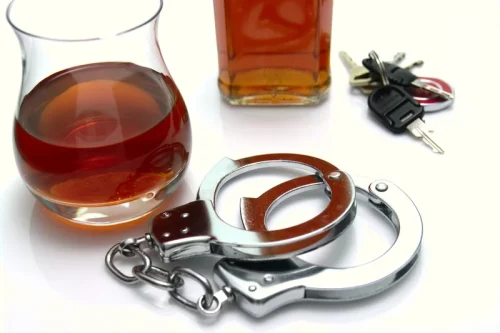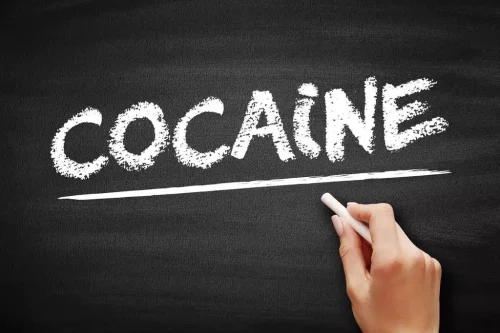The Eye-Opening Science Behind Alcoholic Rage FHE Health

The link between alcohol and anger has to do with alcohol’s ability to remove your inhibitions and disrupt your emotional regulation. When you drink alcohol, parts of your brain that manage anger are suppressed, making it more likely for angry feelings to bubble to the surface. Alcohol affects brain chemistry by altering neurotransmitters, which manage our mood and impulses. It decreases inhibition and can increase stress hormones like cortisol, making some individuals more prone to anger and aggression when drinking. Alcoholic rage syndrome refers to a pattern of intense anger and aggression triggered by alcohol consumption. This can range from verbal outbursts to physical violence, posing a risk not only to the individual’s health but also to those around them.

The Relationship Between Anger and Aggression

Often, when children, spouses and other loved ones spend time close to someone who becomes abusive when they drink, their lives change for the worse. One study found that chronic alcohol use decreases the function in the prefrontal cortex, which plays a key role in impulse control. Researchers have also linked impulsive alcohol-related behavior to genetic involvement, with the presence of the serotonin 2B receptor gene (HTR2B) playing a role in impulsive and aggressive behaviors while under the influence of alcohol. In addition to potential mental health disorders related to difficulties managing anger, there are several physical side effects of unchecked and chronic anger.
Have plenty of drink-free days

Learning the root causes of your AUD and identifying the triggers for your anger is a healthy and necessary process. It’s when you can identify what’s wrong that you can begin to heal from it. Once alcohol consumption is under control, anger management can begin. It doesn’t matter how much anger you have – ignoring it doesn’t do any good. The fact is that both AUD and anger don’t need to be permanent, especially with quality treatment.

What Is Stress?
In addition, research discovered that the effects of alcohol on aggression are more pronounced in people who think more about the “here and now” than about the future. When we aren’t concerned about consequences we may be more likely to act out in the moment. To date, very few studies have tested the gender difference hypothesis using both the male and female alcoholic rage syndrome subjects. Generally, men have recorded higher activation of the amygdala (McRae et al., 2008) and the PFCs (Rahko et al., 2010) during emotional reactions. Investigation of sex differences in neural correlates of aggression using 22 male and 20 female subjects revealed differential brain activation patterns between both the genders in response to provocation.
- A 2013 study published in the National Library of Medicine found that alcohol has both acute and chronic adverse effects on learning-related plasticity across brain regions, which contributes to cognitive dysfunction and even disability.
- When your friend insults you to your face, that insult is unmistakable.
- The link between alcohol and anger has to do with alcohol’s ability to remove your inhibitions and disrupt your emotional regulation.
- They were directed to engage in a task with the potential to trigger aggressive verbalizations, with those who consumed alcohol showing significantly more such behavior.
- Overall, exhibiting one or a combination of the above factors can increase your chances of becoming angry when intoxicated.
- I made a joke that upset him and he started yelling and calling me names.
Various factors affect the potential for anger arousal with alcohol consumption.
- Similarly, in nearly 40% of violent incidents, surveyed individuals from the United Kingdom said they believed their perpetrator was under the influence of alcohol.
- And, likely due to this complexity, evidence-based programs to prevent or reduce alcohol-facilitated aggression are quite limited.
- Domestic violence is a very dangerous potential result of alcohol abuse.
- The lack of inhibitions that causes them to lose their temper can lead to bar fights, road rage, impulsive violence (even against friends and loved ones) and other events that may cost them a night in jail or worse.
- In most cases, women are at a higher risk of experiencing alcohol-related domestic violence from male partners.
- Alcohol has a closer association with aggressive behavior than any other mind-altering substance, according to the World Health Organization (WHO).
- But this is often easier said than done, and mean drunks can turn violent when provoked — meaning that if you share a living space with one, your safety should be your main priority.
- Decreased cognitive function also means it’s more likely for you to misread a situation and overreact.
- Anger can lead to aggression and hostility, but they aren’t the same.
- Alcohol accentuates or promotes the mental state of the drinkers at the time of consumption, fueling negative emotions such as aggressive behavior or positive emotional outcomes such as gregariousness and warmth.
- The influence of alcohol on emotional regulation is complex and varies greatly among individuals but now we’ve got some insights into why folks react so differently under its sway.
Why Is Medication for AUD Underutilized?
July 26, 2024 4:34 am
Categories: Sober Living
